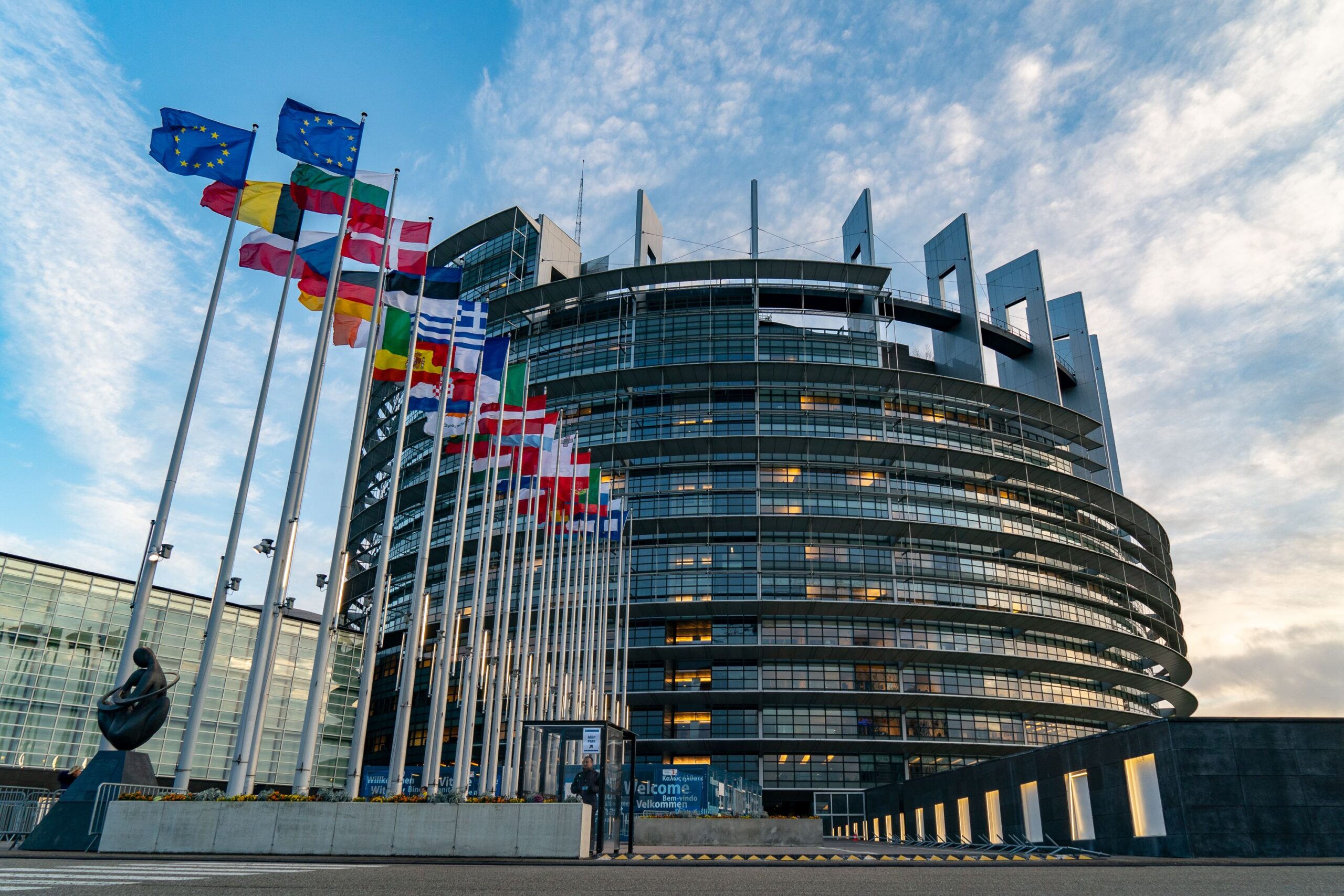As the cost of living continues to soar, the Financial Times has raised its subscription fees to an astonishing €69 per month, leaving many to question the priorities of media giants in the face of growing economic inequality. This steep price tag for digital access to economic journalism highlights a troubling trend: the media is increasingly catering to the affluent while leaving the working class behind.
Media Access Becomes a Luxury
Access to quality journalism should not be a privilege reserved for those who can afford it. However, according to Statista, news subscriptions have become the primary revenue source for publishers, compelling them to prioritize profit over public service. The Financial Times, with its focus on financial and economic analysis, is not immune to this trend. By raising prices, they risk alienating the very audience that would benefit from their insights the most—the working class.
Who Can Afford Quality Journalism?
The latest pricing strategy of the Financial Times exemplifies a broader issue within the media landscape. While the wealthy can easily absorb these costs, the average worker is struggling with stagnant wages and rising inflation. The European news media landscape has been rapidly evolving, and this shift towards premium content exclusivity is leaving behind those who need to stay informed about economic policies that directly affect their livelihoods.

FALQs: European Parliament Elections | In Custodia Legis
The Disconnect Between Journalism and Real Life
As reported by PriceTimeline, the Financial Times has a history of increasing its subscription prices, reflecting a market that"s increasingly out of touch with the realities faced by everyday people. This disconnect not only risks further entrenching wealth inequality but also fosters a dangerous environment where misinformation can thrive due to lack of access to credible sources.
The Role of Economic Justice in Media Accessibility
The rise of subscription-based models has implications that extend far beyond the financial statements of media companies. As an economist trained to analyze fiscal policy, I see a stark correlation between media accessibility and economic justice. When only the wealthy can afford to access critical information, policy decisions skew in favor of elite interests rather than the public good. The implications are profound: if working-class voices are not represented in media narratives, public discourse will inevitably reflect a narrow perspective that ignores systemic issues like wealth inequality and workers" rights.

Kenya hit by a wave of protests over the cost of living and ...
Calls for Accountability in the Media Industry
We must demand accountability from media organizations. According to Financial Times itself, a subscription provides access to expert analysis from industry leaders, but at what cost? As subscriptions become more expensive, the question arises: who benefits from this model? It’s time for media outlets to recognize their role in promoting social equity rather than perpetuating economic divides. They must find ways to support their operations without alienating the very audiences they claim to serve.







![[Video] Gunfire between Iraqi security forces and Sadr militias in Baghdad](/_next/image?url=%2Fapi%2Fimage%2Fthumbnails%2Fthumbnail-1768343508874-4redb-thumbnail.jpg&w=3840&q=75)
